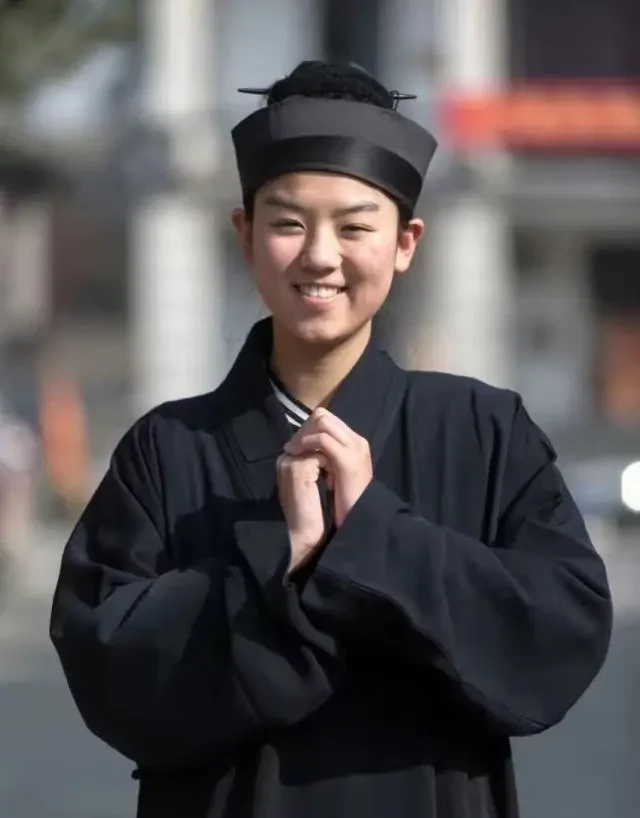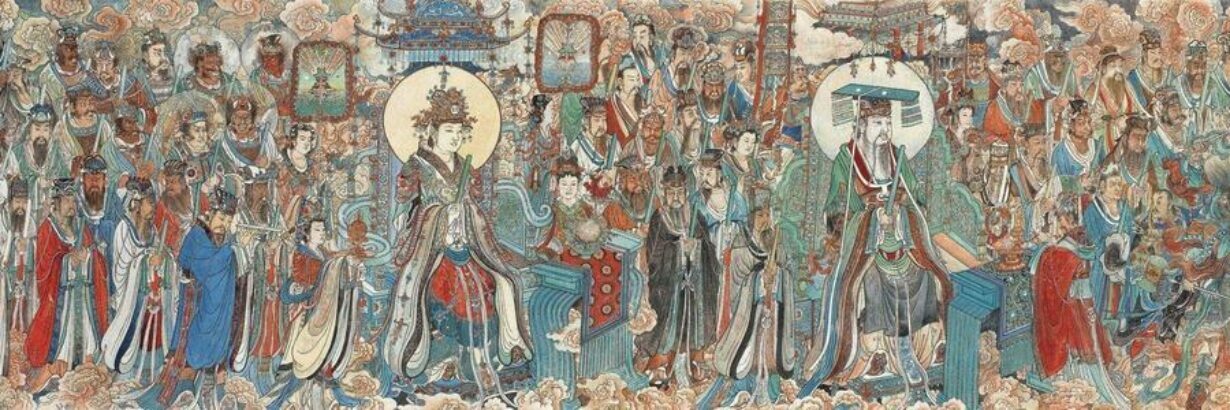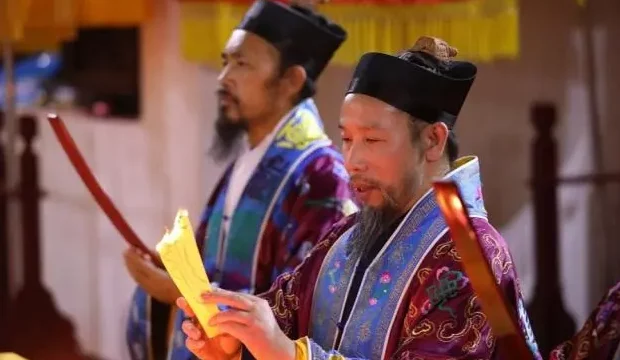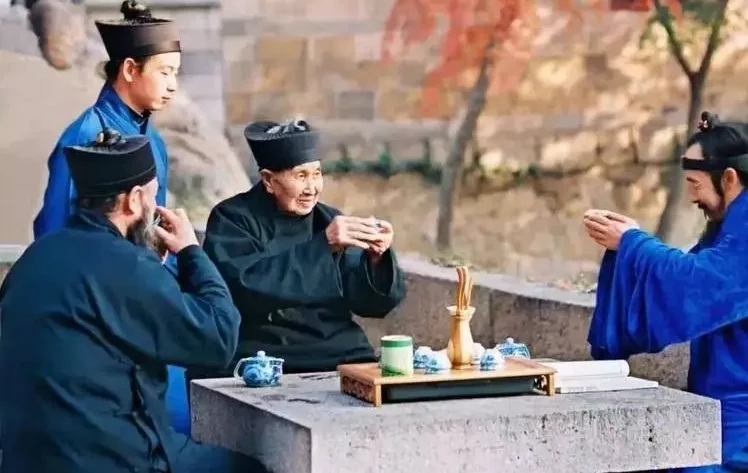In order to maintain the Taoist cultivation and prevent interruption of mind and body, the Taoist traditions teaching several taboos (道教禁忌), which includes things not to ask a Taoist, things not to speak about and situation when the practitioner doesn´t get up.
三不问 – Three things not to ask
一不问寿 – Don´t ask about longevity
二不问俗事 – Don´t ask about common customs
三不问家常籍贯 – Don´t ask about private/family situation
Due to one of the ideal pursuits of cultivation being immortality, the ascent to immortality in the Southern Palace, and the Taoist’s understanding and cultivation of morality, the level of Taoist conduct is not related to the age, so the Tao does not speak of longevity. Taoists regard the Tao as their business, and avoid unfounded words and actions. They shouldn´t talk about right and wrong things, nor focus on their family and hometown.

三不言 – Three things not to speak about
The 《道教仪范》contains a journal stating:
早不言梦寐 – In the morning don´t speak about dreams
午不言杀伐 – At noon don´t speak about killing
晚不言鬼神 – In the evening don´t speak about ghosts and gods
These “three npot to speak about” are mandatory for every Taoist, otherwise it wouldn´t be a taboo. The plan for a day lies in the morning. It is important to carefully arrange and strive for the completion of what needs to be done on that day, and not become a dream.
At noon, it is the highest point of the sun. Saying ‘kill’ goes against the virtue of good life and compassion, so it is not advisable to say ‘kill’ at noon. At night, the Yin Qi is heavy, and speaking of ghosts and gods will cause trouble, so it is not necessary to speak of ghosts and gods at night.
三不起 – Three things not to get up for
When a Taoist is fasting (or eating), reciting scriptures, and sitting in meditation, others should not disturb him, and the Taoist should not rise in response to the calling.
As the old saying goes, “Eating like an official” and “Lei Gong does not beat the diner”, it can be seen that when people eat, others should not disturb them. The Taoist Zhaitang, also known as the “Guo Zhaitang,” is one of the rituals of Taoist temples.
There is a great difference between Taoist fasting and layman dining. Taoist must first offer food to the gods for each meal, in order to consider the ten ways of providing food. Therefore, offering food for each meal is a common practice of providing food for gods, humans, and ghosts.” This is a move to establish the “三缘 – three bond”.
From this, it can be seen that during the process of fasting, Taoists also engage in mental cultivation, so others are not allowed to disturb them, and those who use fasting are not allowed to rise up in response. Reciting scriptures is a very sacred thing.
According to the《太上玄门功课经序》, “Anyone who recites scriptures must fast, dress up strictly, hold their breath with sincerity, practice the sound of tapping their teeth, and then recite. Be careful not to be careless, whispering to each other. Be attentive and recite without any violation.”
Therefore, others are not allowed to disturb Taoist chanting, and chanters cannot stand up and leave the scripture table. Sitting in silence refers to the cultivation of meditation skills by Taoist practitioners. Taoist practitioners prioritize the Tao and should eliminate interference while sitting in silence, achieving a state of forgetting both the object and the self. Therefore, when sitting in silence, Taoist practitioners should not be disturbed by others, nor should they rise in response.
Written and Translated by Daoist Liu Cheng Yong, German Daoist Association.


